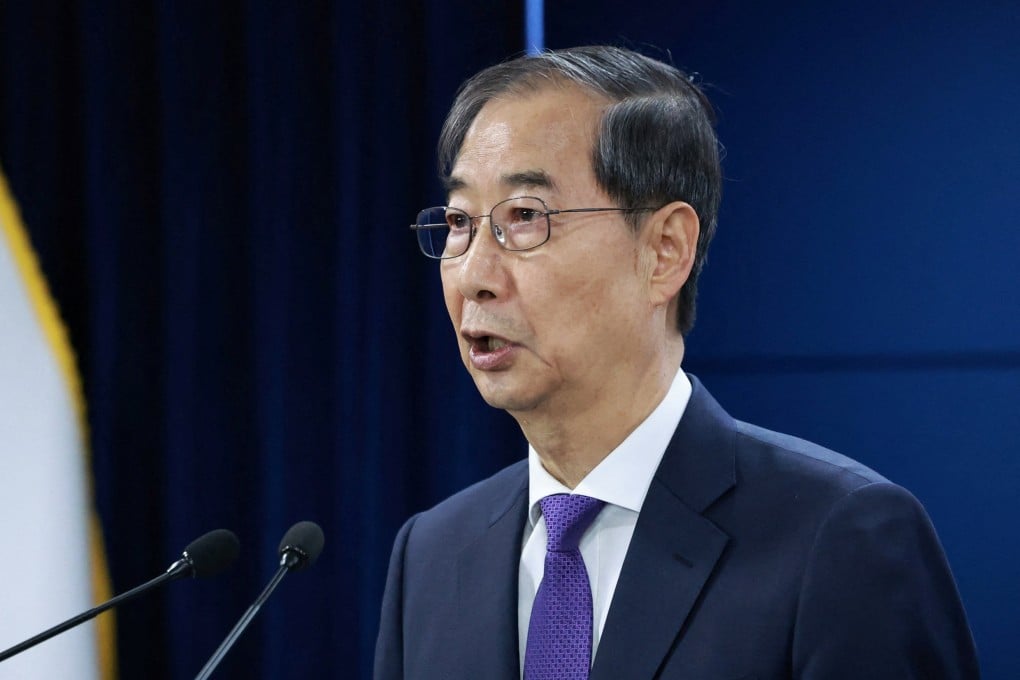The tied Minnesota House on Tuesday approved its housing budget proposal on a bipartisan vote. But it didn't include a package some Republicans and Democrats had high hopes for to boost affordable housing development at a time when the state is short 100,000 homes — and its future this session isn't bright. That "Yes to Homes" agenda, which includes legislation to cut red tape to increase starter homes like townhomes and duplexes among other ideas, likely won't clear the finish line this year, said Rep.
Michael Howard, DFL-Richfield, the co-chair of the chamber's housing committee. There are continued concerns from local governments about implementation, he added. "We're still working to see if there's a path this year to move the needle, but the structural change, the big reforms needed to unlock more housing, we are going to have to do more work over the interim and come back next session," Howard told reporters Tuesday ahead of the vote.

But the bipartisan House deal does include a provision designed to incentivize cities to approve, on their own accord, the approaches in that bipartisan package: allowing more multi-family housing to be built in commercial districts; permitting more duplexes and townhomes in areas zoned for single-family homes; and eliminating "aesthetic mandates" that can drive up prices. Local governments applying for grants at Minnesota Housing Finance Agency receive points based on a number of factors to determine if their project receives the funding through the agency. This bill would boost the score for cities that adopt those housing policies.
"We've made more progress this year on this issue than last year," he said. The House proposal also includes $30 million for the Family Homelessness Prevention and Assistance Program, which can provide emergency rental or mortgage assistance for families on the brink of homelessness and other services to keep people in their homes. Grants for development of housing infrastructure in Greater Minnesota receive $20 million and the legislation expands eligibility for first-generation home buyers' down payment assistance , among other provisions.
"Everyone in this chamber agrees that Minnesota is the best place to live, grow up, raise a family, all of those things, but people can't do that if they don't have homes, and that's why we need to continue to drive the message and work on policy that can get us there," said Rep. Spencer Igo, R-Wabana Township, moments before the proposal passed off the floor. The Senate has its own version of a housing spending plan and both chambers will come together in the next few weeks to sort out differences on this issue and others, as lawmakers look at cuts to rein in a potential deficit in the future .
The Legislature must adjourn on May 19 and complete its work before then or the governor will have to call a special session. Caroline Cummings is an Emmy-winning reporter with a passion for covering politics, public policy and government. She is thrilled to join the WCCO team.
.
Politics

Bipartisan affordable housing package could be on cutting room floor this session, key lawmaker says

The tied Minnesota House on Tuesday approved its housing budget proposal on a bipartisan vote.















